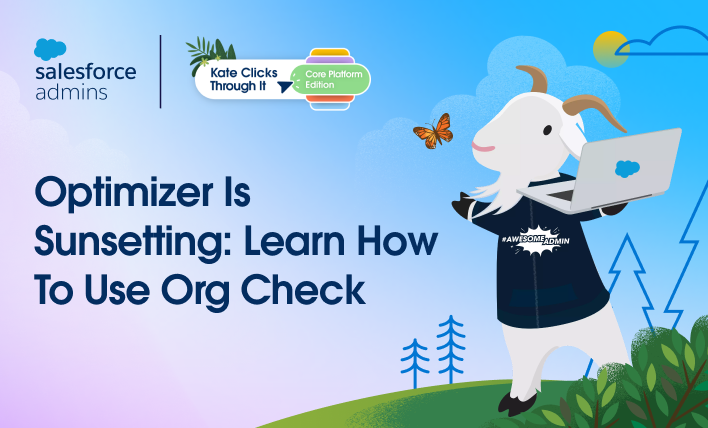Awesome Admins, join me for the second episode in my new video series, Kate Clicks Through It—where we don’t just talk Salesforce, we click through it! In each quick episode, I’ll guide you through a step-by-step tour of a key backend process to help you grow your Salesforce skills in ten minutes or less. In […]






